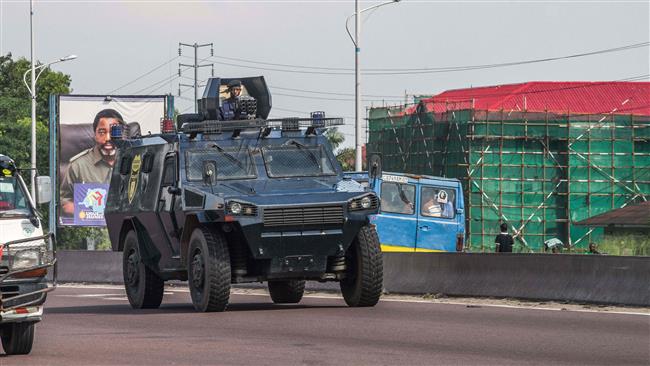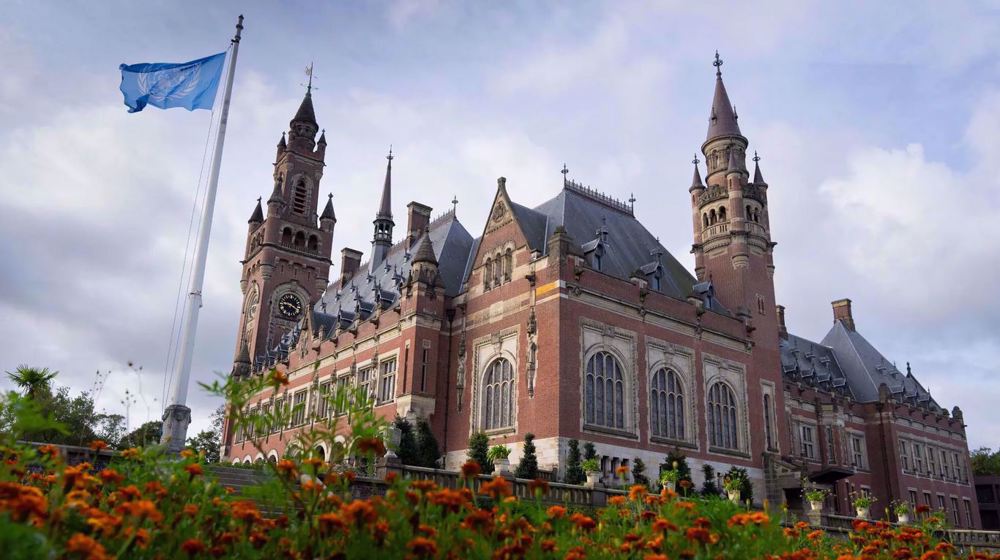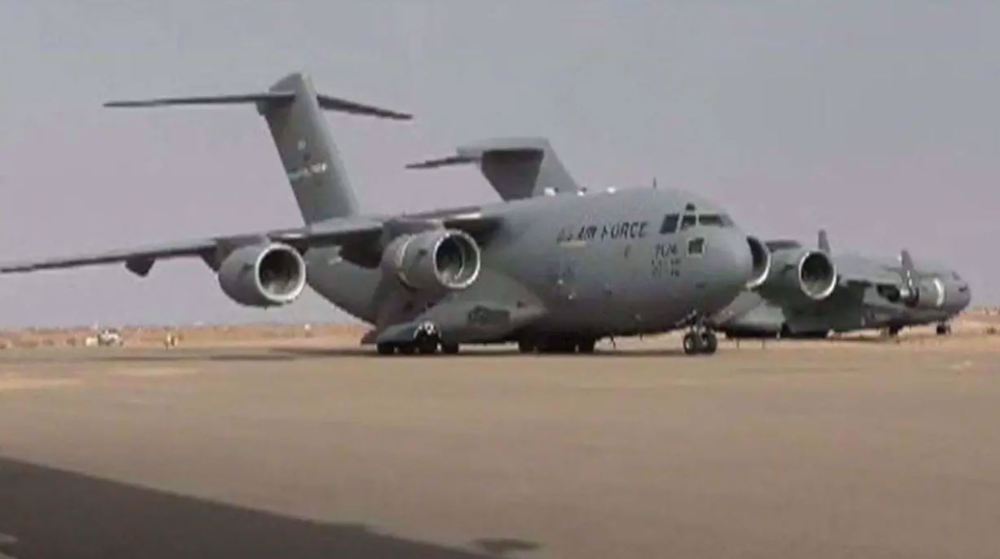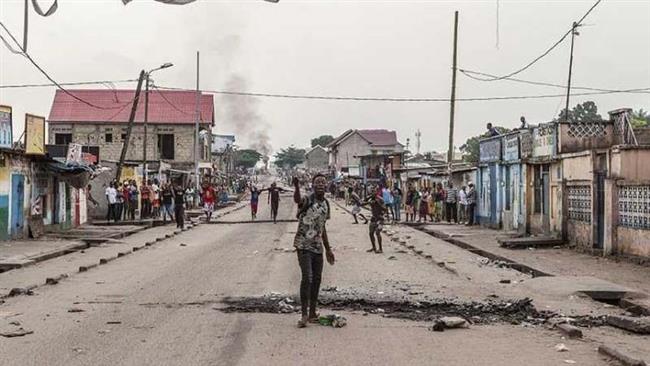Congo mobilized former militants to suppress anti-government protests: HRW
Human Rights Watch says the Democratic Republic of Congo (DRC) mobilized former militants from Uganda and Rwanda last year to suppress protests against President Joseph Kabila, who refused to step down at the end of his constitutionally mandated two-term limit.
The New York-based rights group said in a report that senior Congolese security officers recruited “over 200 former M23 rebel fighters from neighboring countries to quash protests” against Kabila in December 2016.
The security forces acting with recruited militants killed at least 62 people and arrested hundreds between 19 and 22 December 2016, according the report.
During the protests, HRW said, “M23 fighters patrolled the streets of Congo’s main cities, firing on or arresting protesters or anyone else deemed to be a threat to the president.”
The M23 fighters were given explicit orders to use lethal force, including at “point-blank range” if necessary, it added.

The organization’s Central Africa director, Ida Sawyer, said, “Covert operations to recruit fighters from an abusive armed group to suppress any resistance show how far President Kabila and his coterie are willing to go to stay in power.”
She also urged the DRC government to “end all unlawful use of force against protesters and allow peaceful political activities by activists and the political opposition.”
Kabila, who has been in power since 2001, refused to step down after his second elected term officially expired on December 20, 2016, prompting deadly violence across the African state.
Opposition forces demand the president cede power by the end of this year and fresh, early election be held.
Congo’s electoral commission has, however, said it cannot complete preparations to ensure a secure, transparent presidential election until the end of 2018 at the earliest.
The central African country, with a population of almost 77 million, has long been plagued by violence. Fierce battles are underway between the government soldiers and militant groups, while inter-ethnic clashes, has increased significantly over the past year.

Seeking safety, tens of thousands of people have escaped to neighboring Zambia, according to United Nations figures, where they are facing “hugely underfunded” aid operations. The UN has also warned that the unrest was causing a growing influx of refugees into Zambia.
A spokesman for the UN Refugee Agency, Babar Baloch said around 80 percent of the new refugees were women and children.
He said that the refugees have been “driven out by the extreme brutality of rampaging militias, with reports of civilians being killed, women being raped, private property looted and houses torched.”
VIDEO | Press TV's news headlines
VIDEO | US-Israeli genocide: Will Gazans see ceasefire deal achieved?
VIDEO | Grief strikes Parachinar: 44 lives lost in terror attack
VIDEO | Yemen’s armed forces target Israeli airbase amid nationwide pro-Palestinian rallies
Putin vows more test of new hypersonic missile
VIDEO | Jordanians continue rallies to denounce Israeli genocide in Gaza, Lebanon
6 Israeli soldiers commit suicide: Reports
Diplomat discourages recourse to pressure, intimidation, confrontation against Iran














 This makes it easy to access the Press TV website
This makes it easy to access the Press TV website